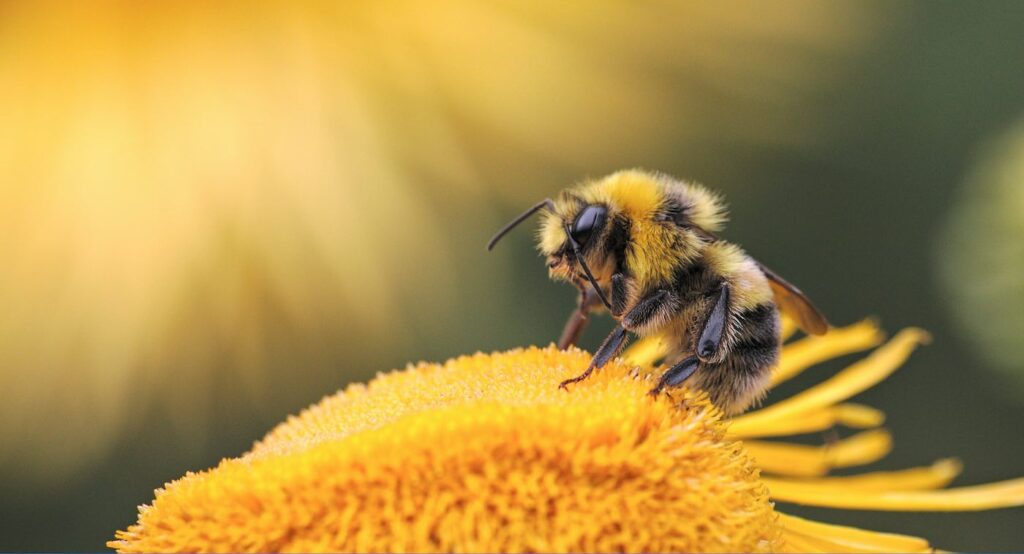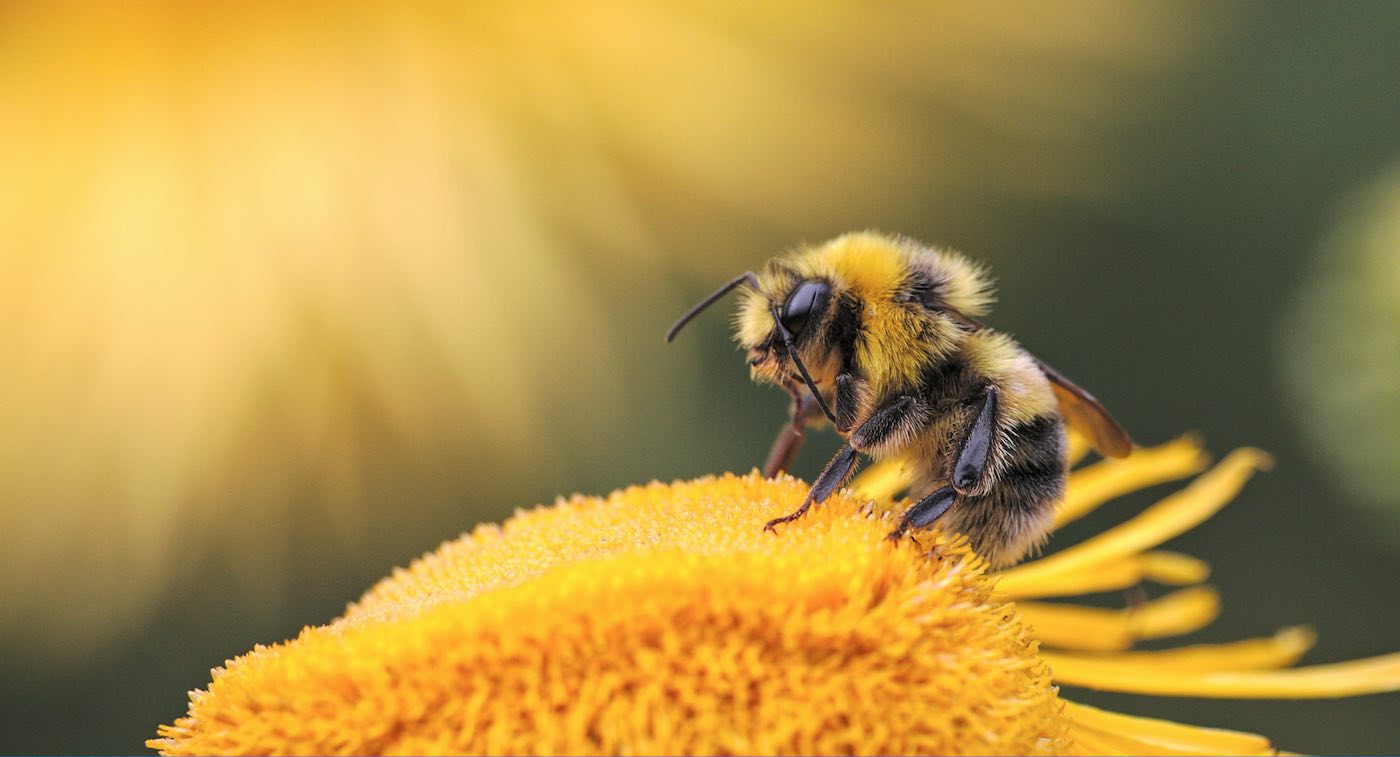Without pollinators like bees, butterflies, birds, and beetles, some of our favorite foods would not exist—and Walmart has announced a set of plans in the U.S. to persuade its grocery supply chain to adopt principles that will protect them.

Walmart’s new commitments announced this week, serve as the largest pollinator health effort from a U.S. grocery retailer to date, according to the head of produce sourcing for Walmart U.S., Martin Mundo. The aim is to reduce several pollinator threats through promoting integrated pest management (IPM) practices and improving and expanding pollinator habitats.
Walmart U.S. will source 100% of the fresh produce and floral items it sells in its in-store produce department from suppliers that adopt integrated pest management practices, as verified by a third party, by 2025.
America’s largest retailer will also encourage fresh produce suppliers to report their pesticide application and biodiversity management annually, through Walmart’s annual sustainability surveys.
RELATED: Bee Populations Are Increasing in Many States–With Maine Seeing 70% Rise in 2 Years
“We are also encouraging fresh produce suppliers to phase out use of chlorpyrifos and nitroguanidine neonicotinoids pesticides (where applicable unless mandated otherwise by law)—and avoid replacing them with products having a level I bee precaution rating and assess and report annual progress,” wrote Mundo on the Walmart corporate website.
To help improve and expand pollinator habitats, Walmart U.S. will also encourage fresh produce suppliers to protect, restore, or establish pollinator habitats on at least 3% of land they own, operate, and/or invest in by 2025.
Walmart has already pledged to protect, manage or restore at least 50 million acres of land and one million square miles of ocean by 2030.
POPULAR: Historic Deal to Protect Millions of Monarch Butterfly Habitat Acres is Unprecedented
Starting this month, plants that attract pollinators will feature special tags to help customers grow their own pollinator gardens. In total, more than 1.3 million annual and perennial pollinator-promoting plants will carry tags in Walmart stores this spring.
“We will also continue to avoid selling invasive plant species in our retail stores (based on recognized regional lists)… and work with local organizations to protect, restore or establish pollinator habitats in major pollinator migration corridors,” the senior vice president added.
“In addition, we have partnered with solar developers to establish pollinator habitats around solar panel arrays like the one at our distribution center in Laurens, South Carolina, and through Walmart’s lead participation on community solar farms across Minnesota. We will continue to look for opportunities to establish more pollinator habitats where feasible.”
HELPFUL: Cultivate These Keystone Plants in Your Yard to Help Bees and Butterflies Thrive and Pollinate
The nonprofit arm of the retailer, the Walmart Foundation, recently granted funding to the Cornell Lab of Ornithology to continue collecting citizen science data that monitor pollinators in local areas to improve conservation planning.
SHARE the BEE-autiful News With Your Hive on Social Media…




















